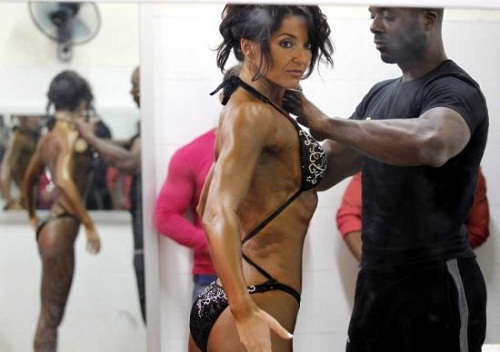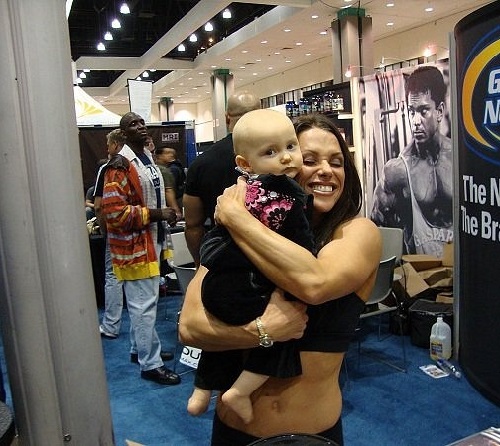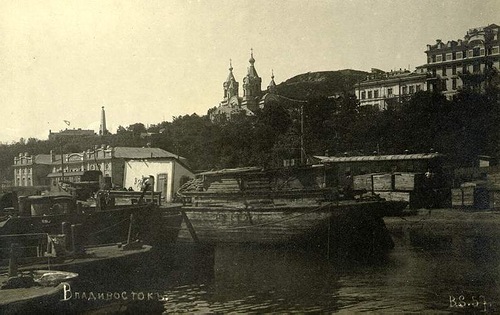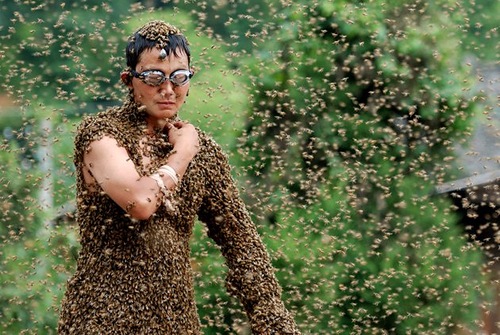Eastern European Cup bodybuilding competition
Eastern European Cup bodybuilding competition took place this weekend, in the southern Russian city of Stavropol. Men and women, while pumping their muscles backstage, are literally painted with brown dye. Professional male and female body builders the world over prefer to cover themselves with heavy fake tan to give greater definition to their rippling muscles. They could spend thousands of rubles on expensive tanning salons, spray sessions and treatments. This post features not only the backstage at the Eastern European Cup bodybuilding competition in the southern Russian city of Stavropol, but also the most beautiful female body builders, mostly Russian.
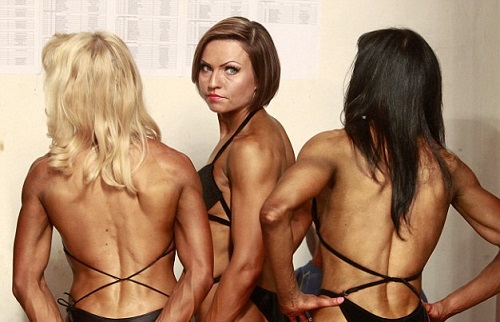
Greased up and ready to perform. Competitors backstage at the Eastern European Cup bodybuilding competition in the southern Russian city of Stavropol
The term ‘‘bodybuilding’’ has taken on several meanings in popular discourse. The most common usage refers to the organized sport in which men and women compete by posing to display the physiques they have created through weight training, careful dieting, and, in some cases, ergogenic drugs such as anabolic steroids. The term is also used generically to describe the lifestyle followed by many men and women who simply train for greater muscle mass and leanness even though they never compete. These non-competitors train for the ‘‘look’’ — a physical ideal featuring large rounded muscles and minimal body fat.
The phenomenon of female bodybuilding, which had existed since the mid-twentieth century but only emerged from its sub-cultural milieu in the 1980s, introduced a rippling range of hyper-muscular bodies to the wider context of visual culture. Women with bulging thighs, enormous calves, rock-hard biceps, Herculean shoulders, and washboard abs introduced a new form of physicality that previously had only been associated with male bodybuilders or with the female superheroes of comic strips. Female mesomorphs, as women bodybuilders became known, inspired some women to strive for bodies with exceptional strength and definition.
Bodybuilding is a special subculture, in which extremely massive musculature, the hypertrophic development of all of the body’s muscles (often relying in part on steroids and other metabolic enhancements), and the taking of sculptural poses tend to go far beyond mainstream society’s criteria for the masculine ideal. In some gay subcultures, bodybuilding to a lesser extreme is the norm, and having a “cut” body (one with sharply defined musculature) is highly sought after. Within those communities, implants, liposuction, and other surgical enhancements have become commonplace. Most broadly, a toned, muscular body has become a widely accepted ideal for young men in Western cultures, to the extent that not to possess such a body is as much cause for self-conscious concern as it has become for a woman not to be toned, shapely, and firm.
Throughout the early and mid-1980s, women’s bodybuilding seemed to be on a steady growth curve. However, as women bodybuilders trained harder, and as drug use became more commonplace, concerns began to be raised about the aesthetic direction of the sport.
Eastern European Cup bodybuilding competition
Since 1983, as the level of muscularity in women’s bodybuilding gradually increased, women’s bodybuilding seems to have taken a path that fewer and fewer women have cared to follow. As bodybuilding has continued to reward size and muscularity, women bodybuilders have gotten bigger and still bigger; by the mid-1990s they had lost much of the mainstream appeal they enjoyed in the 1980s.
While bodybuilding continued to struggle with its aesthetic direction, another type of contest emerged in reaction to the hyper muscular bodybuilders. Referred to as ‘‘Ms. Fitness’’ competitions, the new contests combine elements of bodybuilding, aerobic dance, and gymnastics. By the end of the 1990s, these contests had far surpassed women’s bodybuilding in popularity both on television and in the muscle magazines. Apparently, this occurred because of the more traditionally feminine physiques of the competitors.
Sources:
bigpicture.ru
St. James Encyclopedia of Popular Culture
